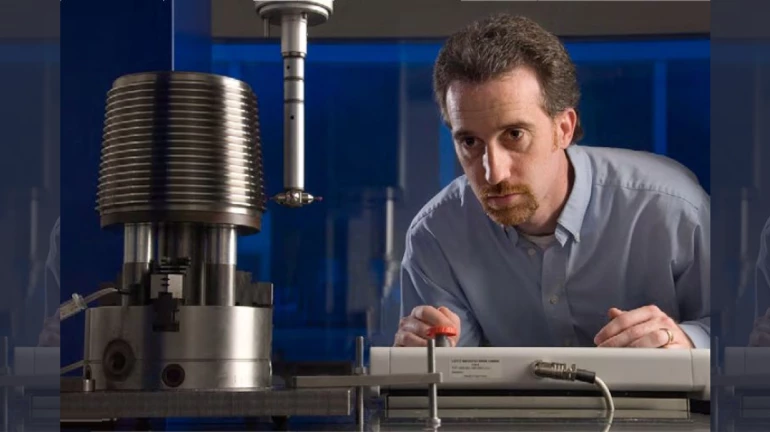
In manufacturing, high-precision engineering is a necessity. Across factories, testing facilities, and mission-critical setups, precision is what transforms performance from adequate to exceptional.
Walk into a nuclear facility, an aerospace assembly line, or a lab working on defence-grade equipment, and you’ll notice that nothing is left to guesswork. The bolts, welds, wires, and even the way two sheets of metal meet at a corner all speak of intention and discipline.
That’s the kind of thinking high-precision engineering brings to the table. And without it, modern manufacturing wouldn’t be where it is today.
Precision engineering is all about control. Controlling every variable, be it temperature, tool movement, material behaviour, or environmental conditions. This is to make sure the final output meets the exact specifications. It’s about making sure every piece is as close to perfect as possible every single time.
From CNC machining and EDM (Electrical Discharge Machining) to laser-based fabrication and metal injection moulding, the techniques under this umbrella keep pushing what’s possible. It's how critical industries like aerospace, defence, semiconductors, and medical devices function without compromise.
If you’ve ever wondered how an aircraft engine handles thousands of hours in the sky without a hiccup or how prosthetic implants work seamlessly with the human body, the answer often lies in how precisely they’re made.
High-precision manufacturing ensures that components aren’t just made to specifications but made to hold up across time, temperature, and conditions. This matters most in areas where failure isn’t an option. When even a 0.001 mm deviation can impact performance, the consistency offered by precision engineering becomes the backbone of reliability.
Making things right the first time saves time, cost, and resources. And precision engineering is designed for that kind of efficiency. There’s less scrap work, fewer reworks, and no second-guessing about whether a part will fit or function.
On a factory floor, this translates into smoother workflows. Machines calibrated to tight tolerances waste less material and use energy more efficiently. Operators can trust that their input yields a reliable result. It may not sound dramatic, but across thousands of cycles, that difference is huge.
Some firms even report double-digit reductions in production time and energy usage by shifting to precision-based systems.
Take a closer look at the kind of products being launched today, from ultra-lightweight aerospace frames to next-gen biomedical implants. What do they have in common? Complex geometry, tight specs and exotic materials are things you can’t manufacture using broad-stroke processes.
Without precision engineering, many of these innovations would stay stuck on paper. It enables engineers to experiment and build things with new designs, new finishes, and new functionalities.
Whether it’s a heat exchanger with complex tube geometry or a custom-built vacuum system for semiconductor production, manufacturers depend on precision engineering to bring their boldest ideas to life.
Of course, all this precision has to be measured and controlled. That’s why the most respected high-precision engineering partners like Godrej Enterprises Group put just as much focus on testing and certification as they do on building.
Look at a company with NABL-accredited labs or ISO-certified quality systems. That tells you they’re not cutting corners. In-house testing, whether it’s helium leak detection, ultrasonic inspection, or high-pressure validation, gives clients confidence that each unit will perform as expected.
It’s not just about machines doing the job. It’s about a system that checks, documents, and improves with every step.
Across sectors, whether it’s renewable power, aerospace, defence, or chemical processing, the demand for reliable systems is only growing. There’s pressure to build leaner, more sustainable operations. At the same time, safety standards are tightening, and tolerance for failure is dropping fast.
This is where manufacturers with high-precision engineering at their core start to shine. They’ve invested years in refining processes, building teams, and upgrading tools to meet these new demands head-on.
If you're someone working in procurement, plant operations, or design engineering, the takeaway is simple. In modern manufacturing, precision is not an optional extra. It's at the heart of every reliable system. From the quiet accuracy of CNC tools to the loud reliability of fully assembled reactors, high-precision engineering sets the tone for what’s possible.
So, whether you’re sourcing for a new project or rethinking your supply chain, it pays to work with people who know the drill.




